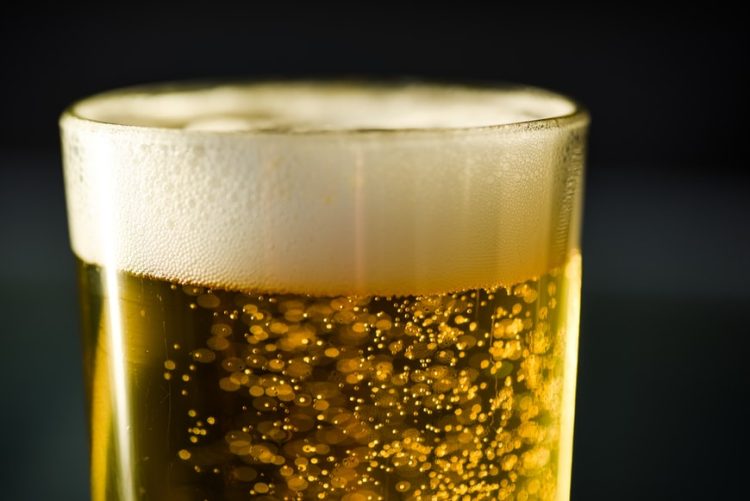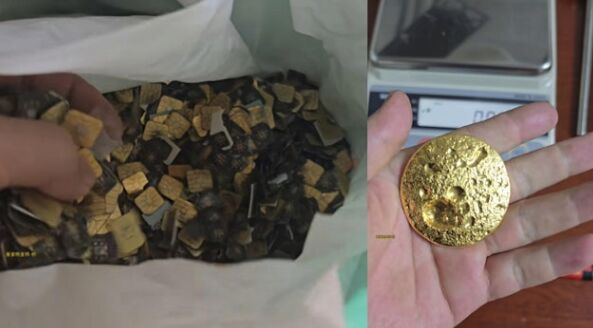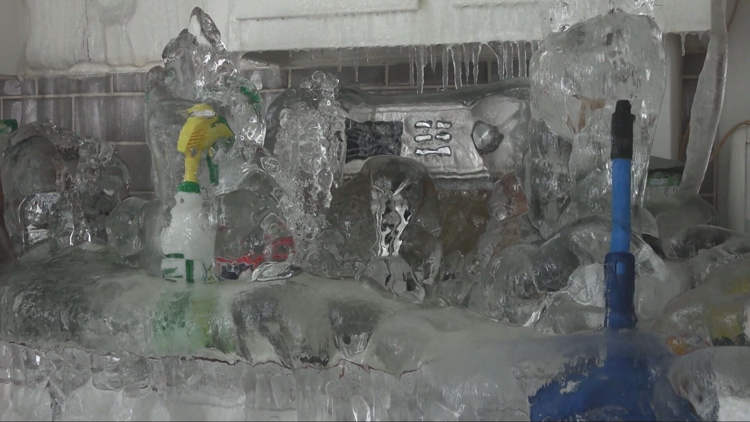It’s no secret that non-alcoholic beer tastes much worse than regular lager, but scientists in Denmark now claim to have developed a way of making it taste just as satisfying.
When making alcohol-free beer, either by heating it up or by minimizing fermentation, what is lost is the complex aroma of the hops. However, after decades of having to put with the flat and watery taste of non-alcoholic beer, we can now enjoy the satisfying taste of the real thing, minus the alcohol. Researchers led by Sotirios Kampranis, a professor at the University of Copenhagen, engineered a species of yeast called Saccharomyces cerevisiae to produce a group of molecules called monoterpenoids, which are found in hops.
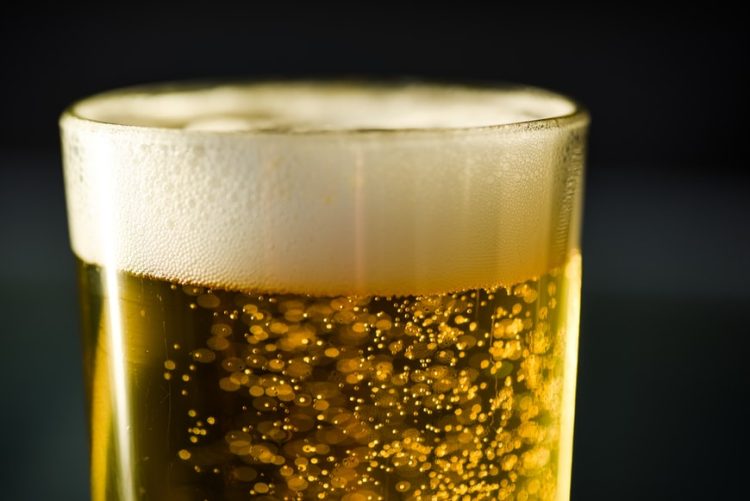
Photo: YesMore/Unsplash
“What non-alcoholic beer lacks is the aroma from hops,” Kampranis said. “When you remove the alcohol from the beer, for example by heating it up, you also kill the aroma that comes from hops. Other methods for making alcohol-free beer by minimizing fermentation also lead to poor aroma because alcohol is needed for hops to pass their unique flavor to the beer.”
“After years of research, we have found a way to produce a group of small molecules called monoterpenoids, which provide the hoppy-flavor, and then add them to the beer at the end of the brewing process to give it back its lost flavor. No one has been able to do this before, so it’s a game changer for non-alcoholic beer,” the Danish professor added.
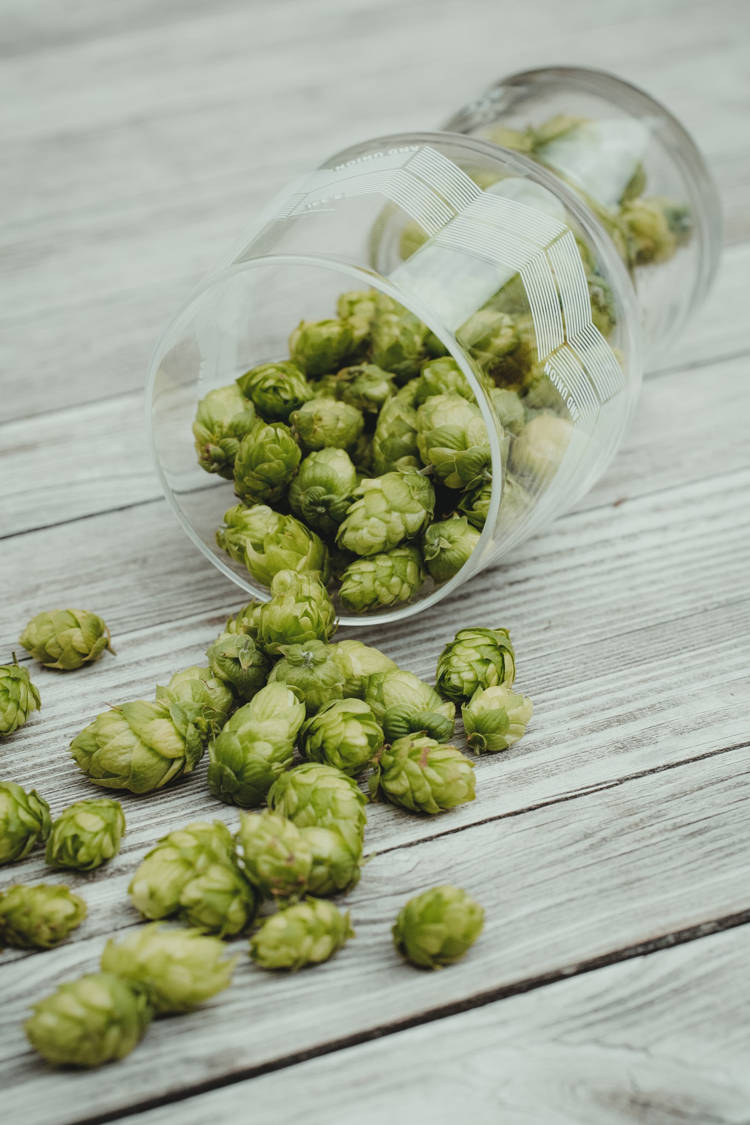
Photo: Markus Spieske/Unsplash
This method of artificially recreating the aroma of hops using monoterpenoids is currently being tested in breweries across Denmark, and the plan is to have a plan ready for the country’s entire brewing industry by the end of October.
Although non-alcoholic beer has been growing in popularity at a very rapid pace, the innovation announced by Sotirios Kampranis and his team could have major implications for the entire beer industry and our environment. Growing hops is a very wasteful process, with one kilogram of hops requiring no less than 2.7 tonnes of water.
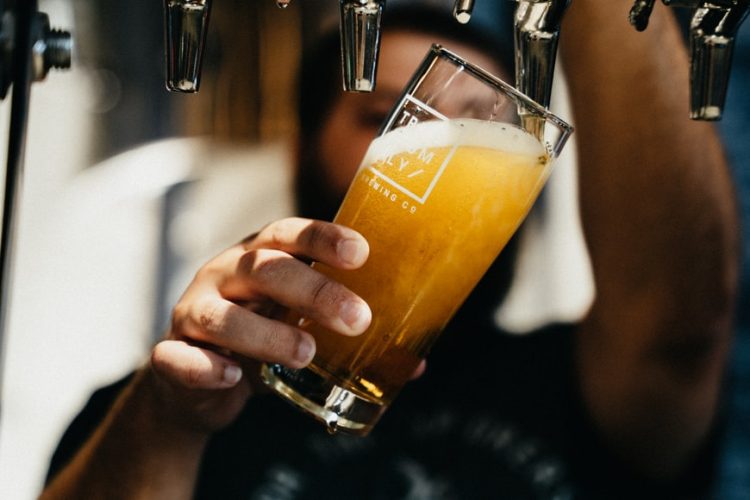
Photo: Josh Olalde/Unsplash
“With our method, we skip aroma hops altogether and thereby also the water and the transportation. This means that one kilogram of hops aroma can be produced with more than 10.000 times less water and more than 100 times less CO2,” Kampranis said.
“When the hop aroma molecules are released from yeast, we collect them and put them into the beer, giving back the taste of regular beer that so many of us know and love. It actually makes the use of aroma hops in brewing redundant, because we only need the molecules passing on the scent and flavor and not the actual hops,” he added.

